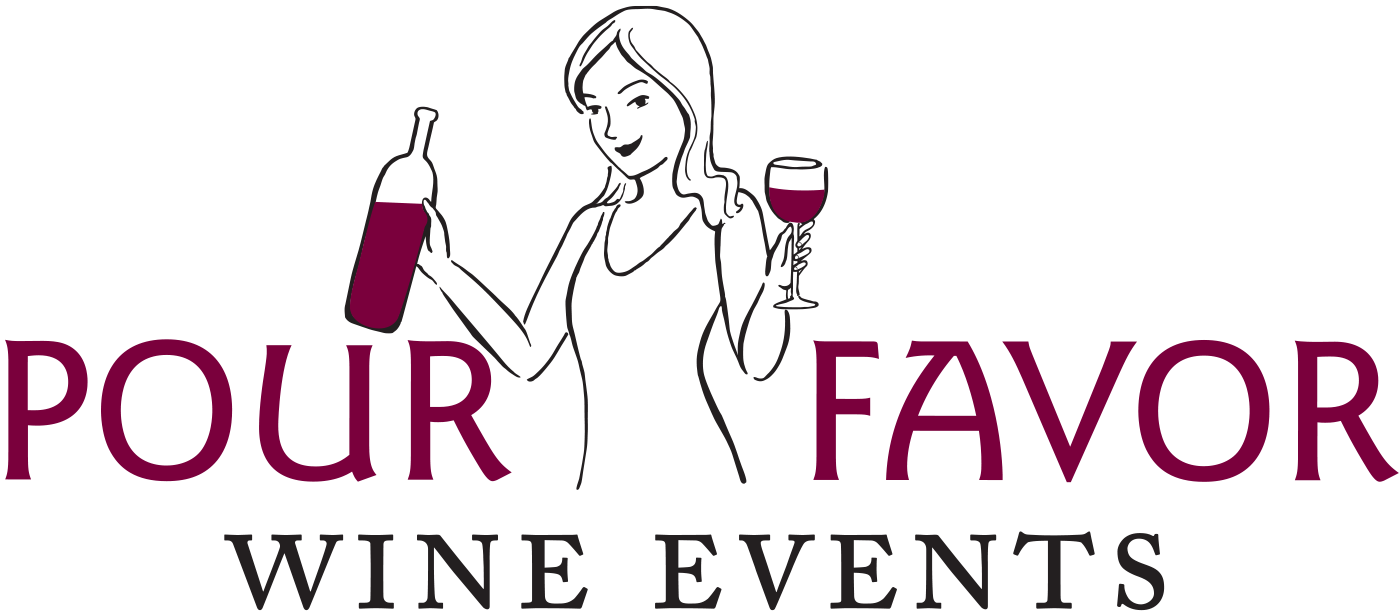 What is surprising to me is that wine traditions are so often seen as antithetical to science, wrote known wine blogger and enthusiast Dr. Debs of Good Wine Under $20 earlier this week.
I have to say, I quite agree.
What is surprising to me is that wine traditions are so often seen as antithetical to science, wrote known wine blogger and enthusiast Dr. Debs of Good Wine Under $20 earlier this week.
I have to say, I quite agree.
Dr. Debs was reporting on her experience at Taste 3, a Mondavi creation now in its third year. The idea is to bring together great minds from across industries and throughout the world to explore the interrelationship between art, food and wine. From what I gather (and please edit me if I'm wrong), each year they pick one larger, umbrella theme and then break the conference into mini-sessions to discuss this from different angles and offer multiple perspectives. Debs argued four main themes emerged at this year's conference: tradition, science, sustainability and activism. What struck me about her report was the dichotomy between tradition and science, something we often grapple with no matter what walk of life we come from or what specific context is the focus.
With Deb's note that sustainability was also on the table at Taste 3, let's briefly consider the practice of biodynamic farming/winemaking given the tradition/science debate. These folks spend a lot of time applying their natural, soil science formulas to their vines, working their land in concert with the cycles of the moon, etc. with their end game to create a self-sustaining system where the land gives back what it receives (in theory, great freaking wine). Some suggest this approach began in the 1920s. My suspicion is it started a hell of a lot earlier than that; it wasn't until someone (Rudolf Steiner) started talking about it that it became a "known" entity, or a "real" practice. I respect the philosophy behind the practice and admire the additional dedication it takes to apply these practices to the art/science of wine. Whatever Higher Being you may/not believe in, biodynamics requires Faith, or a firm belief in something for which there is no proof.* And I believe faith, at its core, is the original, most basic human tradition.
* How can I say there is "no proof" that these wines are "better" than their counterparts? There's too much that goes into winemaking for anyone part of the equation to be wholly responsible for the quality of the result.
I struggle to see why an 'either or' is constantly demanded during any such debate considering the past and the future. It is the marriage of the two that, for me, strikes the most relevant balance: where we are today. Do I believe in tradition when it comes to wine making? Absolutely. Do I believe in applying new techniques? Absolutely.
What's your perspective on tradition vs. science when it comes to wine?
